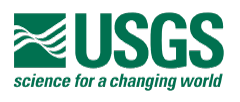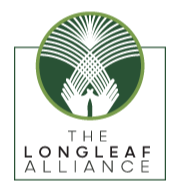Agenda: Connecticut River Pilot Core Team Meeting 02-24-2014
Agenda
Connecticut River Landscape Conservation Design Pilot – Core Team Meeting
February 24, 2014
| Agenda Items | Links to Related Content |
|---|---|
| Welcome, Logistics (facilities, snacks, lunch, sign in sheet, etc.) | |
|
Introductions |
|
|
Overview of Agenda |
|
|
What is this project about? – Overview (Nancy and Ken) (15-20 min)
|
|
|
What is history and context and what information and tools are available? (Andrew and Scott) (60 min)
|
Presentation 1: LCC Framework for Landscape Conservation Design Presentation 2: Landscape Conservation Design in the CT River Watershed and Northeast Region |
|
[Q&A’s on morning’s presentations] |
|
| ****Break to gather Lunch (20 minutes)**** | |
|
Discussion on tools and process (80 minutes) (
|
Document: Goals and Objectives |
|
What is role and time commitment for team members? (Nancy) (20 min)
|
|
|
What is next? (David and Nancy) (15 minutes)
|
|
|
Closeout (10 minutes)
|
Questions to Group
- Who (or what expertise) do you think is missing from the core team
- Do you understand the difference between being a core vs expanded team member?
- Do you agree with the Measures of Success? Would you add anything?
- Do you understand (and agree with) the scope of the pilot project and the basic process we suggest following?
- Do you understand what your involvement will be, and what comes next?
- What do you think of the two goals presented, and/or what additions or modifications would you make?
- Do you support the idea of splitting into three sub-working groups for developing objectives (e.g. ecosystem, terrestrial, aquatic?)
- Do Hadley and/or Turners Falls work for meeting locations?
Desired Meeting Outcomes
- Attendees support the project scope and the general process outlined
- Attendees understand what their role is
- Attendees agree on a framework for goals and objectives
- Attendees have familiarity of what resources/tools are available
- Attendees agree on list of species under consideration
Additional Handouts
Connecticut River Watershed Pilot Overview
Core Team Meeting Expected Attendee List
Terrestrial Representative Species List
Preliminary List of Aquatic Representative Species
Regional Species of Greatest Conservation Need (CT, MA, NH, VT)
For calling in, please dial:
phone: 866-905-1137
passcode: 9265929


























